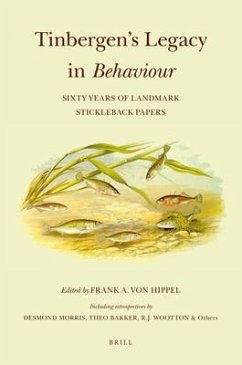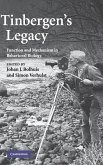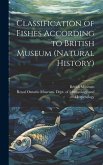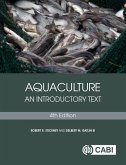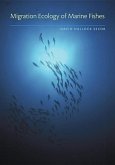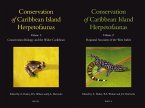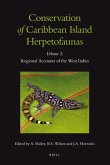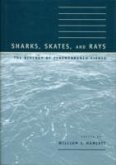In a flurry of post-war productivity, Niko Tinbergen re-established his lab in Leiden, wrote landmark papers and his famous book The Study of Instinct, and founded the journal Behaviour to serve the burgeoning field of ethology. Tinbergen and his senior assistant, Jan van Iersel, published their classic paper, "Displacement reactions in the three-spined stickleback," in the first issue of his new journal in 1948. Stickleback are now a powerful model in the fields of behavioural ecology, evolutionary biology, developmental genetics, and ecotoxicology - an extraordinary development for a small fish that began its modeling career among an enthusiastic core of Tinbergen students in the 1930s. From a series of clever experiments with painted model fish to the use of the sequenced genome to analyze the genetic basis of courtship, stickleback science progressed in leaps and bounds, often via seminal studies published in the pages of Behaviour. Tinbergen s Legacy in Behaviour traces sixty years in the development of science using stickleback as a model, with 34 original articles covering topics ranging from homosexuality and cannibalism to genetics and speciation. Desmond Morris, Theo Bakker, Robert Wootton, Michael Bell, Tom Reimchen, Boyd Kynard, Harman Peeke, and Iain Barber provide fresh retrospectives on their republished works. Commentary by Frank von Hippel accompanies the articles and explains the roles they played in the frontiers of science as researchers falsified or expanded upon one another s ideas.
Hinweis: Dieser Artikel kann nur an eine deutsche Lieferadresse ausgeliefert werden.
Hinweis: Dieser Artikel kann nur an eine deutsche Lieferadresse ausgeliefert werden.

